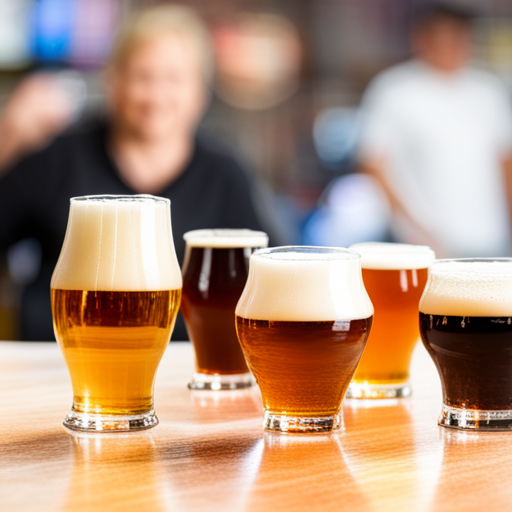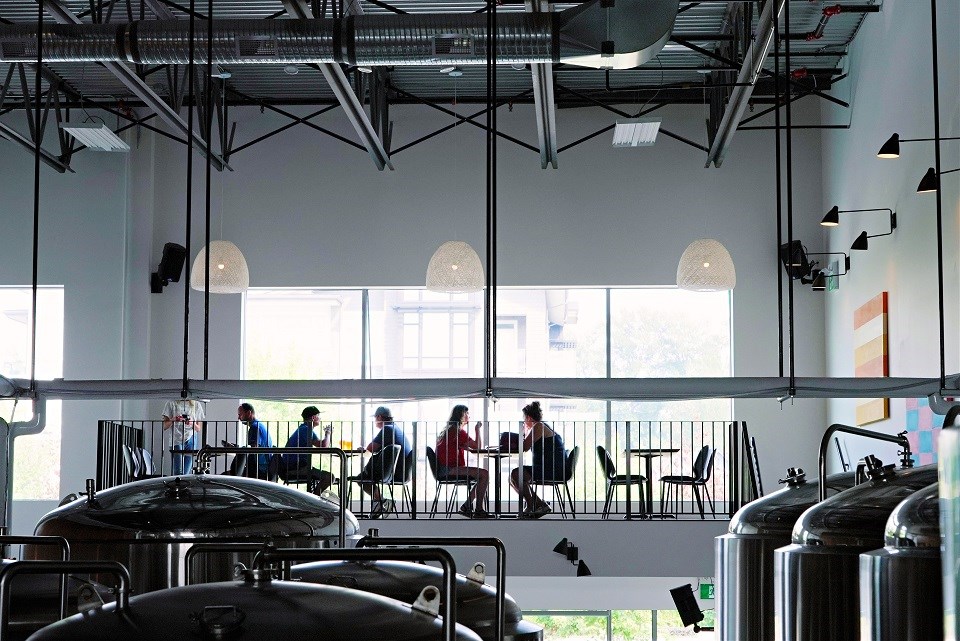The Localization of Beer
The Craft Beer Revolution
Beer, a beloved and popular beverage, has evolved significantly over the years. With the rise of craft breweries and the increasing desire for unique flavors and experiences, the localization of beer has become a prominent trend. Consumers are no longer satisfied with the generic offerings of large-scale breweries and are seeking out local, artisanal beers instead.
A Taste of Local Flavors
One of the main reasons behind the localization of beer is the desire to showcase regional ingredients and flavors. Craft breweries are constantly experimenting with different combinations of hops, grains, and fermentation techniques to create distinct beers that reflect the local culture and environment. From fruity IPAs to rich stouts aged in whiskey barrels, these creations are a true testament to the diversity of the craft beer scene.
Moreover, breweries often collaborate with local farmers and suppliers to source ingredients, further supporting the community and reducing their carbon footprint. This emphasis on sustainability and locality not only benefits the environment but also adds a unique story to every beer produced.
Supporting Small Businesses
The localization of beer goes hand in hand with supporting local small businesses. Craft breweries are typically independently owned and operated, providing a boost to the local economy. By choosing to drink local beers, consumers contribute to the growth of these small businesses and help create a vibrant and dynamic beer culture in their community.
In addition, many craft breweries have taprooms where visitors can sample and purchase beers directly from the source. This creates a direct connection between brewers and consumers, allowing for valuable feedback and fostering a sense of community among beer enthusiasts. These taprooms often serve as gathering places for locals and tourists alike, adding to the overall experience of enjoying a locally brewed beer.
The Global Influence
While the localization of beer is primarily driven by the demand for unique and regional flavors, it has also had a significant impact on the global beer industry.
A Shift in Market Trends
Large-scale breweries and international beer brands have taken notice of the localization trend and have started to incorporate elements from craft beer culture into their offerings. This response to consumer demands has led to the introduction of new beer styles and flavors, as well as the acquisition of smaller craft breweries by industry giants.
Additionally, the globalization of craft beer has created opportunities for collaborations between breweries from different countries. These collaborations result in the exchange of brewing techniques, ingredients, and cultural influences, leading to the creation of innovative and exciting beers that transcend borders.
The Quest for Authenticity
As beer enthusiasts continue to seek authenticity and unique experiences, beer tourism has become increasingly popular. People now travel to different cities and countries to visit renowned breweries, attend beer festivals, and immerse themselves in the local beer culture. This has not only opened up new avenues for economic growth but has also fostered cultural exchange and appreciation.
Embrace the Local Beer Scene
With the localization of beer gaining momentum, there has never been a better time to explore and support your local breweries. Whether you are a seasoned beer connoisseur or just starting to dip your toes into the vast world of craft beer, discovering the flavors and stories behind local brews is a delightful journey.
So raise your glass and embark on an adventure of flavor, community, and authenticity. The localization of beer marches on, bringing people together one sip at a time.






